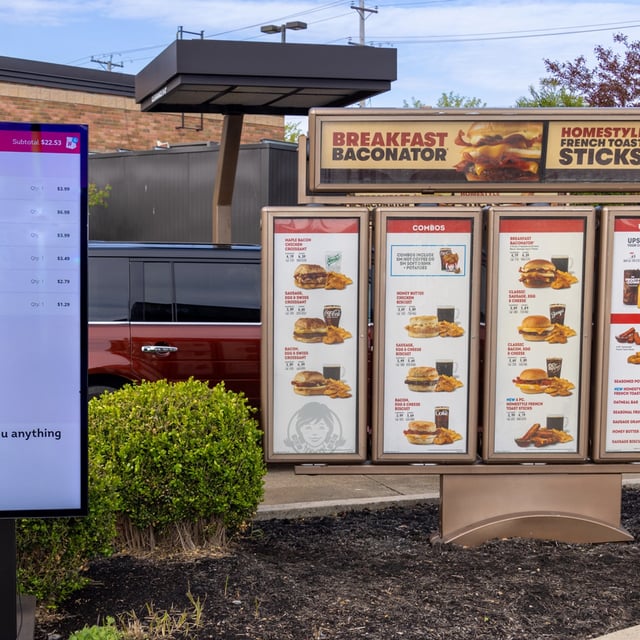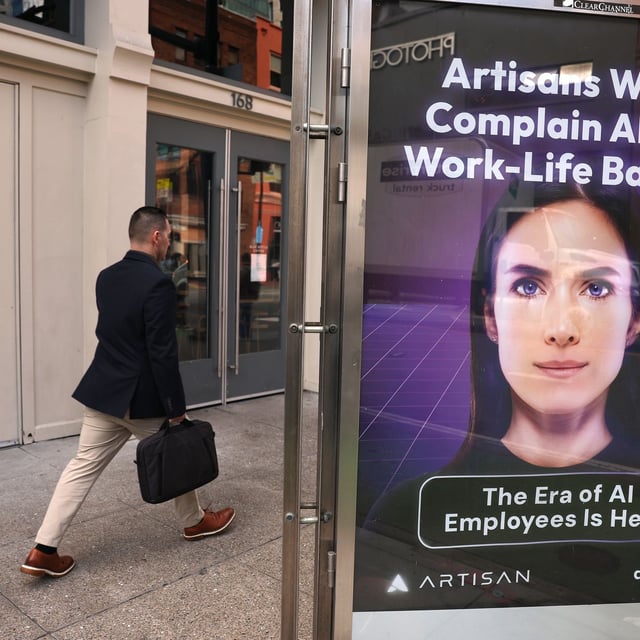Overview
- The Democratic staff of the Senate HELP Committee, led by Sen. Bernie Sanders, released a report projecting that AI, automation and robotics could replace about 97–100 million U.S. jobs over the next decade.
- The analysis partly relied on ChatGPT to gauge occupational exposure, estimating steep risks for certain roles, including 89% of fast food and counter workers, 64% of accountants and 47% of truck drivers.
- The report urges a 32-hour workweek with no loss of pay, a $17 federal minimum wage, stronger overtime protections, worker equity stakes and a so-called robot tax on companies that replace human labor.
- Economists and recent Yale Budget Lab–Brookings research report little economy-wide disruption since ChatGPT’s launch, though early-career workers may be seeing more strain and adoption remains uneven by sector.
- Corporate signals remain mixed, with executives warning of cuts to entry-level white-collar roles and citing AI for staffing shifts, while others emphasize augmentation and measured headcount plans at large employers.



